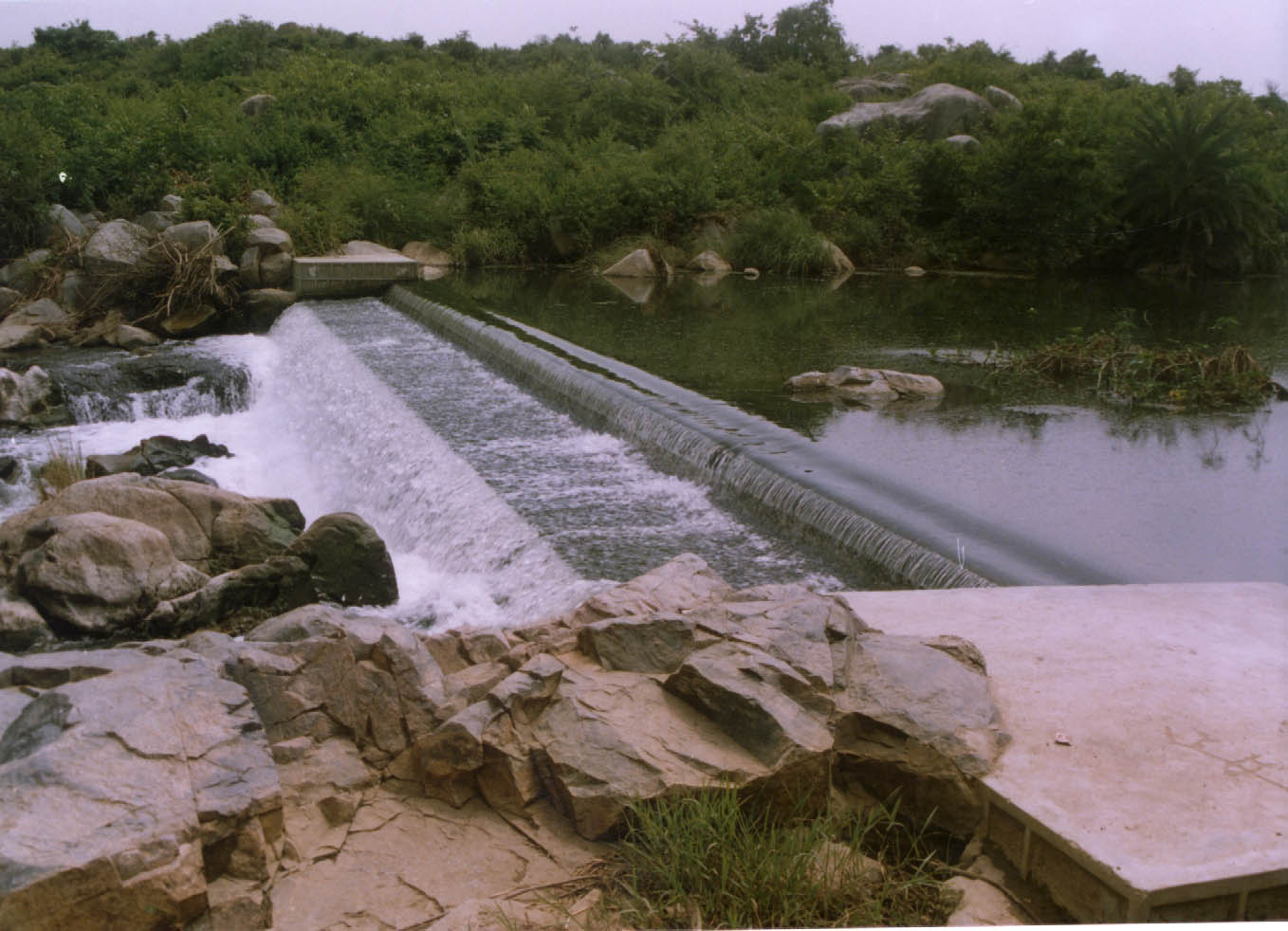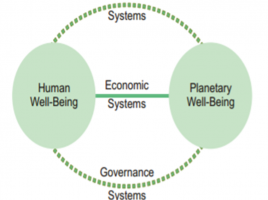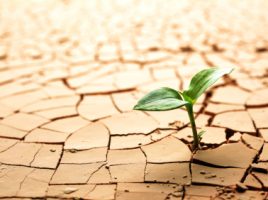Vision of Watershed Development
Agriculture plays a vital role in developing India’s economy. Over 58 per cent of the rural households depend on agriculture as their principal means of livelihood Agriculture along with fisheries and forestry, which contributes largest to the Gross Domestic Product (GDP). Sustainable agriculture integrates three main goals-Environmental health, Economic profitability, and social equity. It is prevailing evidence that current levels of social inequity, environmental destruction and economic pro flagrancy cannot lose much longer with the massive political ecological and economic disruption in many fronts.
The rain fed lands suffer from a number of bio-physical and socio-economic constraints which affects productivity of crops and livestock. Depletion of natural resources coupled with degradation of land & water, poor productivity, low level of input use and technology adoption, inadequate fodder availability, inadequate credit availability, and poor farmers are posing serious challenges to food, socio-economic livelihood and environmental development. Unseasonal weather disturbances in recent years have become a phenomenon, which has affected food security and livelihoods of people across the country and adversely affected the farming community impacting reduce to crop sown area and not efficient use of recharged ground water.
Watershed development is a solution to all these problems. Development Alternatives have been taking up watershed activities since long. These Watershed projects have led to increase in agricultural productivity and also in farm incomes through improving total factor productivity (i.e. input to output ratio). Groundwater has also increased. The crop area to the tune of 10-30%, production has increased to the level of 20-40%, by this exercise the economic enhancement also by 30-50%. Further if the income increases the participation of family members in farming system increases and resulting cost of cultivation decrease and by this effort farmers will go to integrated farming system. It has also reduced migration seasonal and permanent.
There is a lot of scope to enhance the impact and sustainability of watershed approaches. In order to restore the ecological balance in the degraded watersheds through sustained community action, mass mobilization is needed. It also becomes imperative to keep in mind farm based and non-farm based area of the land during the execution. Further, sustainable food production systems need to be ensured and implementation resilient agricultural practices is the need of the hour.
Thus, watershed management is a crucial element in the achievement of environmental sustainability and thereby, poverty and hunger reduction, safe drinking water and sanitation water supply for millions of people; which will lead to fulfillment of the Millennium Development Goals.
Dr. Krishna Murari
kmurari@devalt.org
The views expressed in the article are those of the author’s and not necessarily those of Development Alternatives.
References:
- http://www.un.org/millenniumgoals/
- http://pdf.wri.org/ref/dsouza_04_watershed_develop.pdf







Leave a Reply